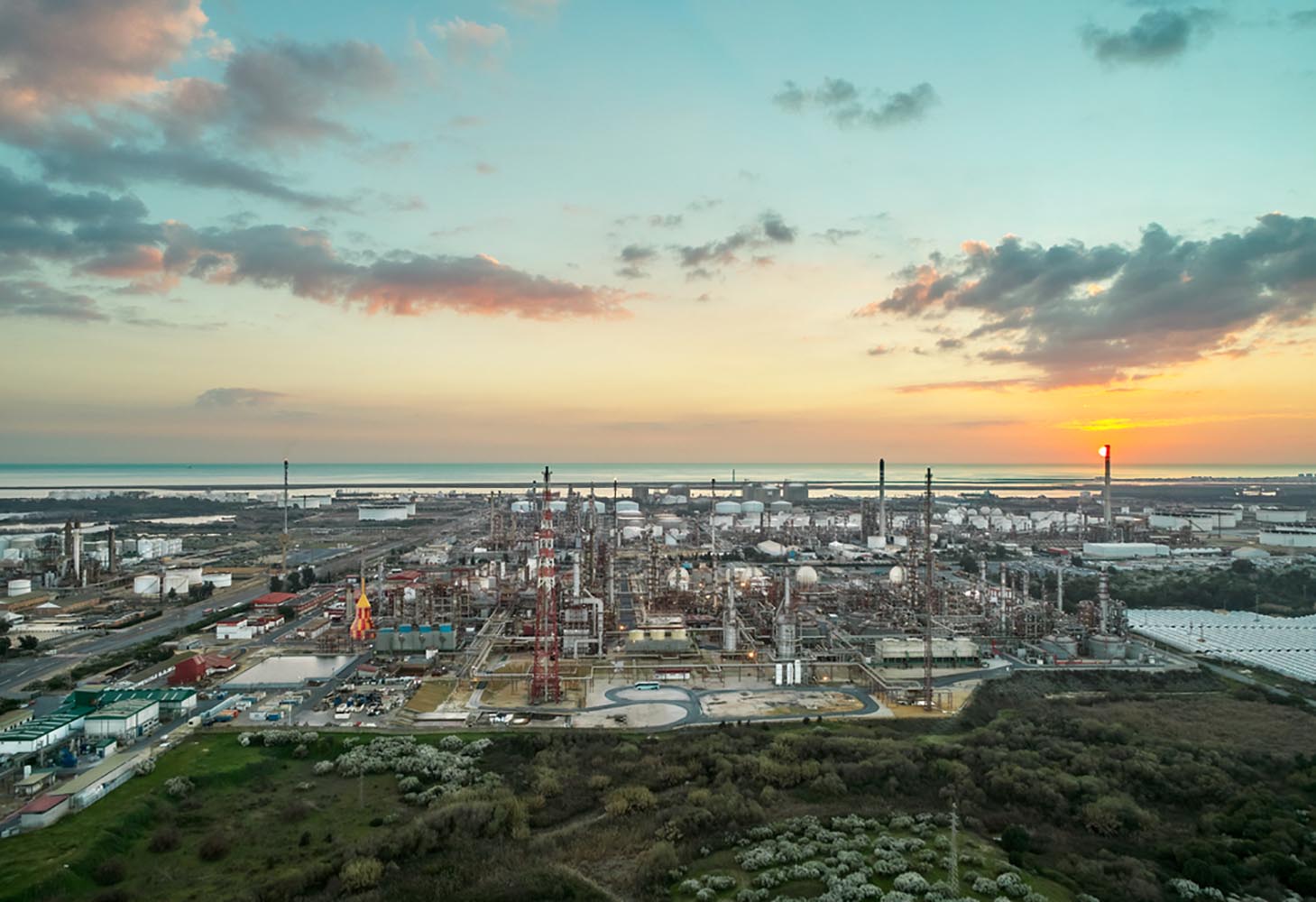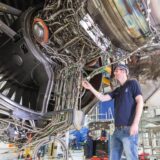
CEPSA to build second-generation biofuel plant in Huelva, Spain
Compañía Española de Petróleos, S.A.U., commonly known as CEPSA, will build a new second generation biofuel plant (2G) in Palos de la Frontera, Huelva, in southern Spain. This new plant, which will be located in the Energy Park ‘La Rabida’, will produce both renewable diesel and sustainable aviation fuel (SAF) and will involve an investment of up to EUR1 billion (USD1.07 billion).
CEPSA said up to 1,600 jobs, direct and indirect, during the construction phase.
The multinational oil and gas company headquartered in Madrid, Spain, plans to become the 2G biofuel leader in Spain and Portugal, reaching an annual production of 2.5 million tons in 2030.
Second-generation biofuels will be produced from organic waste, such as used cooking oils or agricultural waste, among others. These biofuels encourage the circular economy, by using waste for production that would otherwise end up in landfills.
The use of biofuels can reduce CO2 emissions by up to 90% compared to traditional fuel.
Within the framework of its 2030 strategy, Positive Motion, Cepsa is promoting the development of an ecosystem focused on accelerating its decarbonisation and that of its customers, by the production of green molecules, mainly renewable hydrogen and biofuels.
In its strategic plan, the company has established an ambitious roadmap. Specifically, in 2030, it will reduce its CO2 emissions (Scope 1 and 2) by 55% and its carbon intensity index by 15-20%, with the aim of getting to zero net emissions in 2050. CEPSA wants to go more beyond the net zero and achieve a positive impact, providing value in the communities where it is present by allowing its clients and other interest groups to advance in the right direction.














